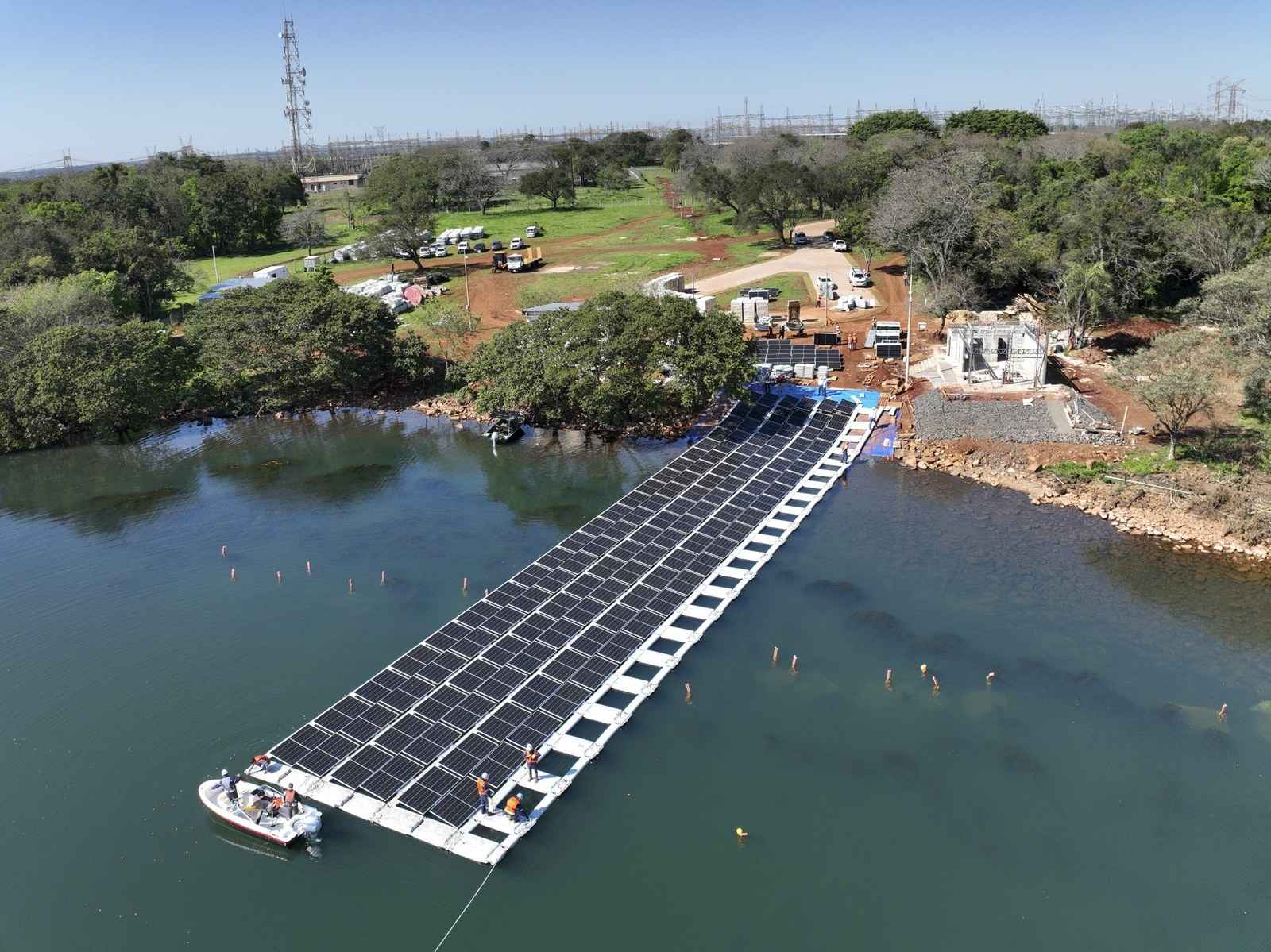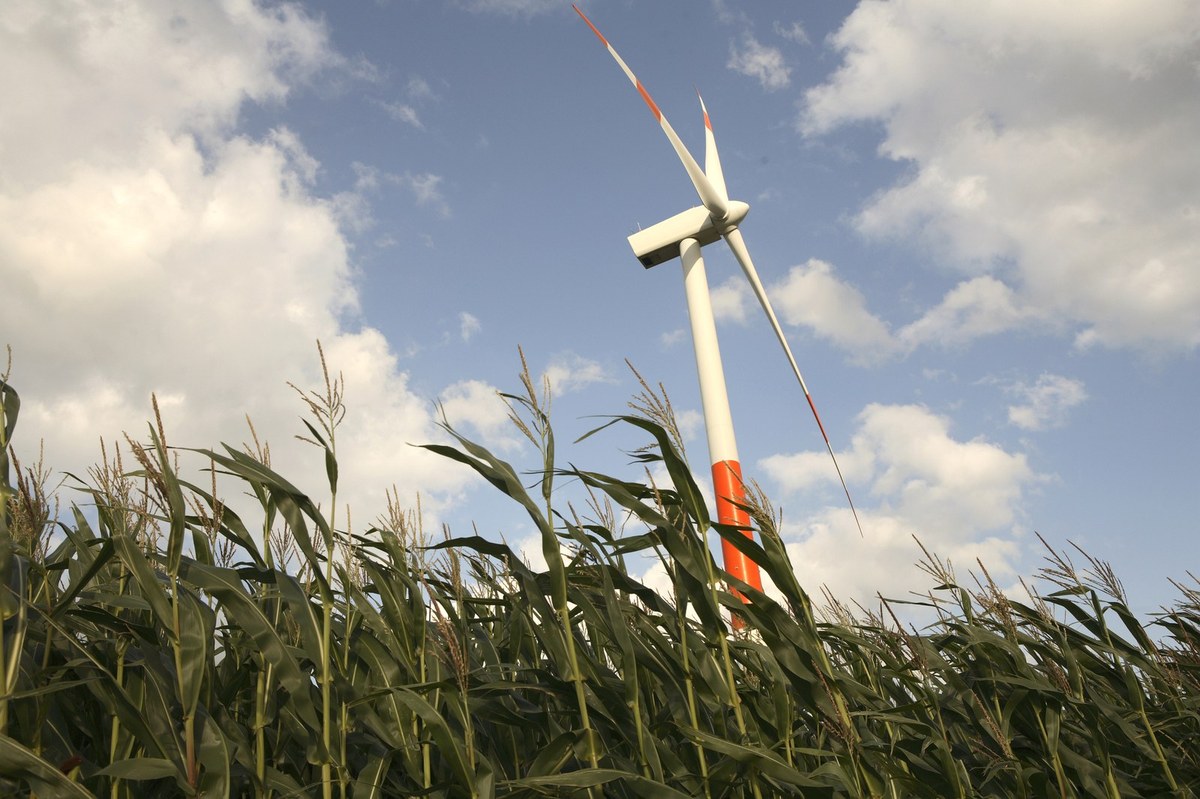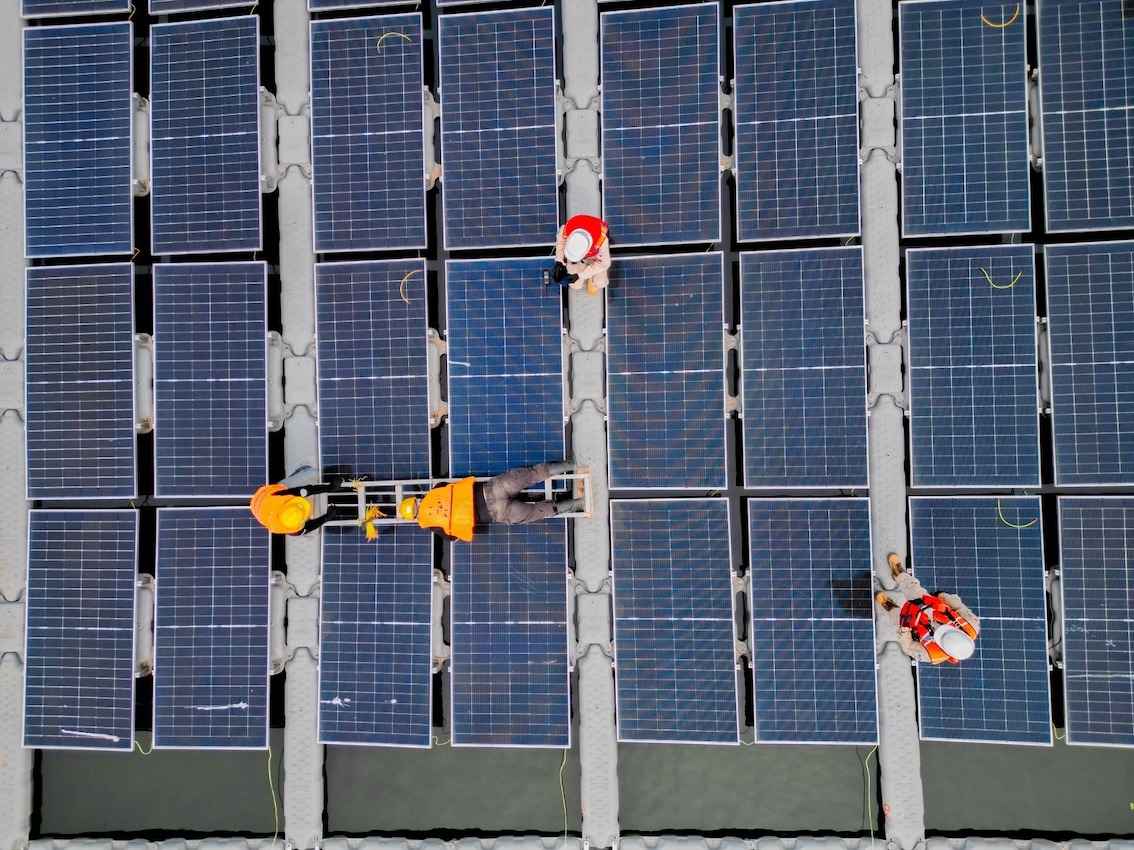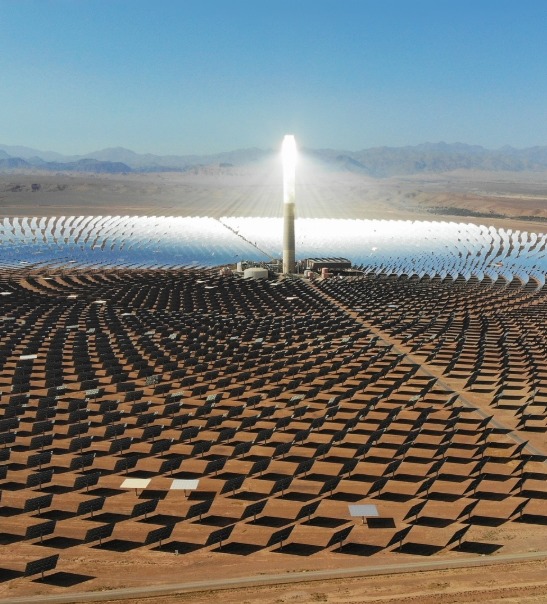Enviro News Asia, Foz do Iguaçu — Itaipu Binacional, the largest hydroelectric power plant jointly operated by Brazil and Paraguay, will highlight a range of renewable energy innovations at COP30, set to take place in Belém, Pará, this November. Supplying around 8% of Brazil’s electricity consumption and 80% of Paraguay’s energy needs, Itaipu is expanding beyond hydropower through new research and pilot projects in sustainable fuels and solar energy.
Among the initiatives to be presented are studies on biogas and biomethane production from confiscated contraband goods, research on Sustainable Aviation Fuel (SAF) and green hydrogen, as well as a pilot floating solar power plant and public programs promoting photovoltaic energy development.
At the heart of these efforts lies the Itaipu Biogas and Biomethane Demonstration Unit (UD), located in Foz do Iguaçu, Paraná State, Brazil. The unit is part of the Itaipu Technological Park (PTI)—an integrated innovation hub within the Itaipu complex—serving as a research and testing center for renewable energy technologies, including low-carbon fuels such as SAF.
These strategic initiatives will be featured at several side events during COP30 and in Itaipu’s exhibition booth within the Green Zone. Itaipu’s Director-General, Enio Verri, emphasized that the projects reaffirm Brazil’s commitment to the global transition toward a green economy.
“Itaipu is vital to Brazil not only for its large production capacity but also for its role in driving global energy decarbonization. We are committed to advancing clean and renewable energy so that Brazil becomes a global provider of low-carbon solutions,” said Verri.
Itaipu’s initiatives align with Brazil’s COP30 Presidency priorities and the federal government’s climate policy direction. During the New York Climate Week, COP30 President Ambassador André Corrêa do Lago underscored the importance of sustainable fuels in achieving Net-Zero greenhouse gas emissions. Meanwhile, Ambassador Maurício Lyrio, Secretary for Climate, Energy, and Environment at Brazil’s Ministry of Foreign Affairs, highlighted the strategic focus on technologies for hard-to-abate sectors.
A variety of clean energy projects are currently underway at Itaipu Binacional, including biogas, biomethane, and SAF. Since its launch in 2017, the Demonstration Unit has processed over 600 tons of organic waste confiscated by the Federal Revenue, Federal Police, and Ministry of Agriculture and Food (MAPA). The process has generated approximately 41,000 m³ of biomethane, a fuel with characteristics similar to natural gas, used to power operational vehicles and tourist buses at the Itaipu complex. The unit is also conducting research on renewable synthetic oils as a base for SAF production.
Additionally, Itaipu is testing a floating solar power plant on its reservoir with an installed capacity of 1 MWp. The pilot project aims to produce clean energy for internal use, optimize reservoir utilization, and assess the environmental and technical efficiency of floating solar technologies.
At its research facilities, Itaipu is also advancing studies on the production, storage, and practical applications of green hydrogen, including performance testing and feasibility analyses, to expand future low-carbon energy use.
Beyond research, Itaipu promotes public-private partnerships that allow universities, municipalities, and nonprofit organizations to invest in solar energy generation. To date, local-level projects have achieved a combined capacity of 42 MWp, sufficient to power a medium-sized city.
Although 90% of Brazil’s energy already comes from renewable sources, further cross-sector decarbonization efforts remain essential to meet the nation’s NDC (Nationally Determined Contribution) targets under the Paris Agreement.
Through these innovative initiatives, Itaipu Binacional demonstrates that a hydroelectric power plant can be more than an electricity provider—it can serve as a global laboratory for clean and sustainable energy solutions. (*)
















